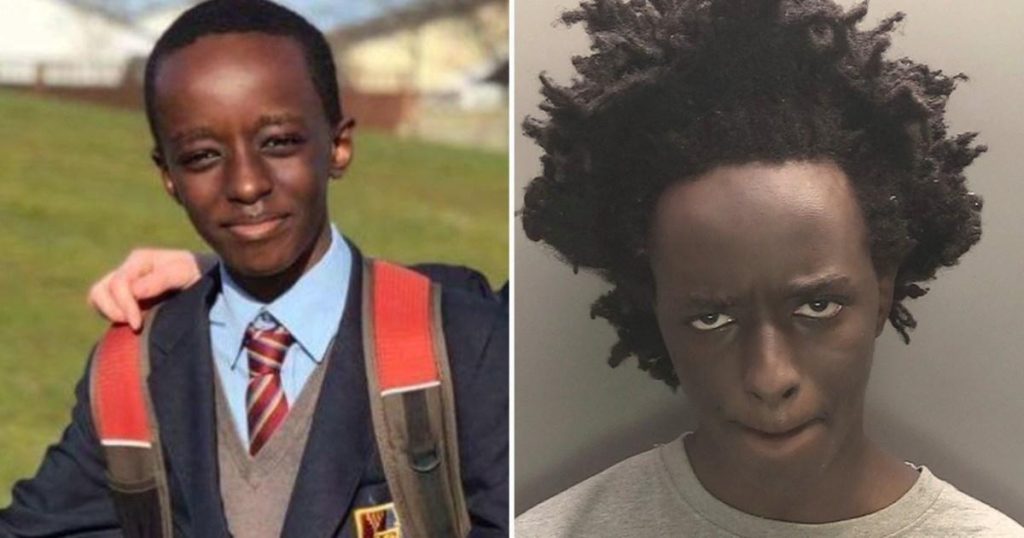The tranquil seaside town of Southport, England, was shattered on July 29th by an unimaginable tragedy: the brutal murder of three young girls, Bebe King (6), Elsie Dot Stancombe (7), and Alice da Silva Aguiar (9), during a Taylor Swift-themed summer dance class. The perpetrator, 18-year-old Axel Rudakubana, subsequently pleaded guilty to the horrific crime, leaving the community grappling with grief and searching for answers. The incident has sparked national outrage and prompted investigations into potential systemic failures that may have contributed to the tragedy.
In the wake of the murders, the Rudakubana family has been moved to an undisclosed location for their protection. The Community Church in Southport, where Alphonse Rudakubana, Axel’s father, is a member, released a statement expressing the family’s devastation. They emphasized that Axel, who has autism and a history of mental health struggles, lived with his parents in the nearby village of Banks. The church clarified that while Alphonse was a valued member of their community, Axel and the rest of his family did not actively participate in church activities. The church’s statement urged respect for the family’s privacy during this incredibly difficult time and offered prayers for all affected by the tragedy.
The murders have not only brought immense sorrow but also exposed underlying societal issues. The church’s statement acknowledged the outpouring of support from the local community, contrasting it with a subsequent attack on a local mosque fueled by false, racially motivated information circulating on social media. This incident underscores the dangers of misinformation and the potential for tragedy to be compounded by hate and prejudice. The attack on the mosque highlights the broader implications of violence and the need for community healing and understanding in the aftermath of such events.
The circumstances surrounding Rudakubana’s ability to commit such a heinous act have come under intense scrutiny. Prior to the murders, he had been referred three times to the Prevent program, a government initiative designed to identify and support individuals at risk of radicalization. This revelation has raised serious questions about the effectiveness of the program and whether crucial warning signs were missed. Home Secretary Yvette Cooper announced an inquiry into the case, promising to investigate the circumstances of Rudakubana’s referrals to Prevent and identify any necessary changes to improve the program’s ability to prevent acts of violence.
Furthermore, the fact that Rudakubana, despite having a previous conviction for violence, was able to purchase a kitchen knife online from Amazon has sparked concerns about the ease with which potentially dangerous individuals can acquire weapons. The government has pledged to introduce stricter measures to regulate online knife sales as part of the Crime and Policing Bill. This legislative action aims to address the accessibility of weapons and prevent future tragedies by making it more difficult for individuals with violent tendencies to obtain knives and other potentially harmful instruments.
The tragedy in Southport has prompted a broader examination of youth violence and the role of online content in influencing behavior. Recognizing the potential impact of online materials accessed by Rudakubana, the government plans to request the removal of specific content from tech companies. The investigation will also consider the broader challenge of rising youth violence, aiming to identify contributing factors and develop strategies for prevention. This multifaceted approach underscores the complexity of the issue and the need for a comprehensive response that addresses both individual and societal factors.




